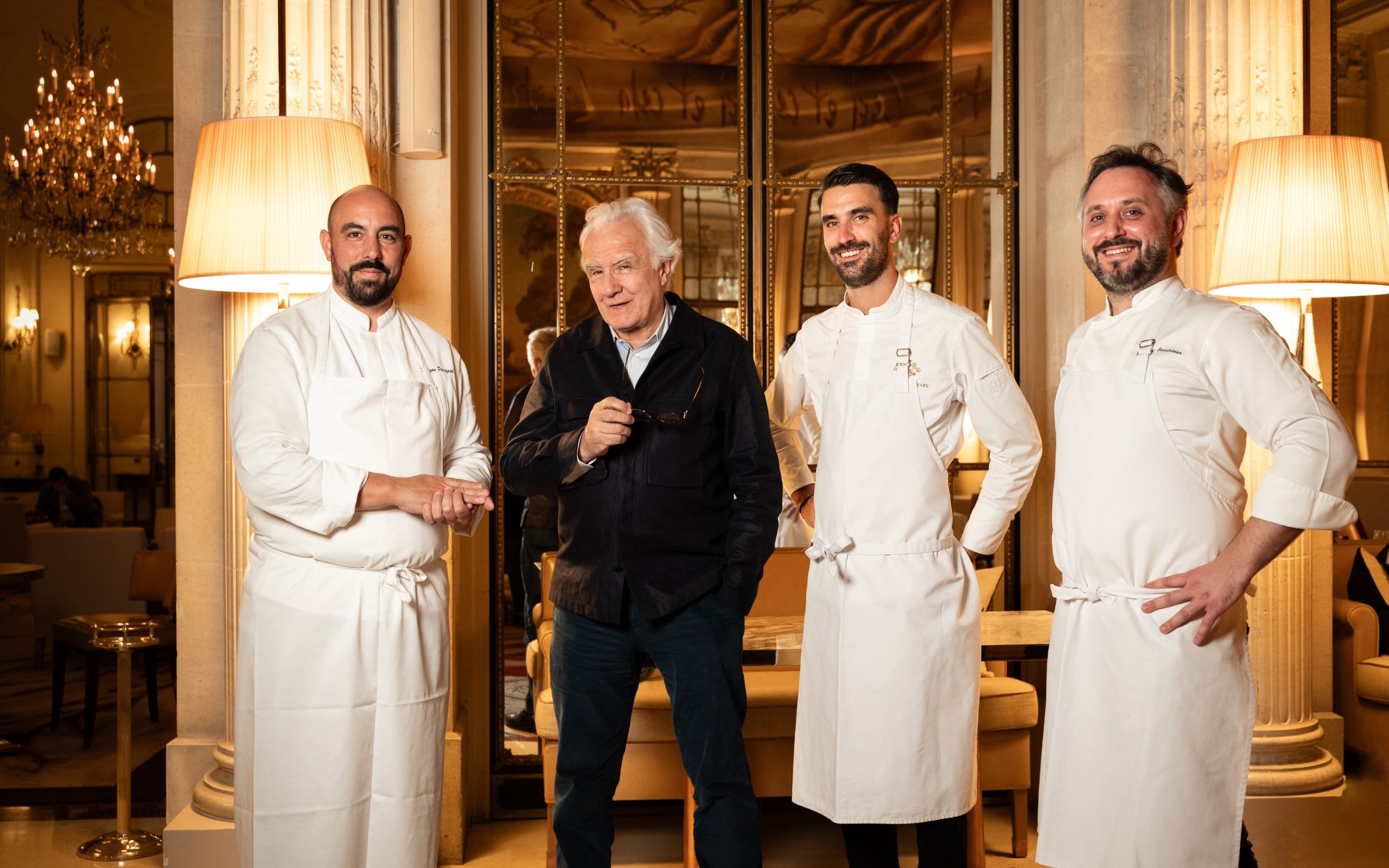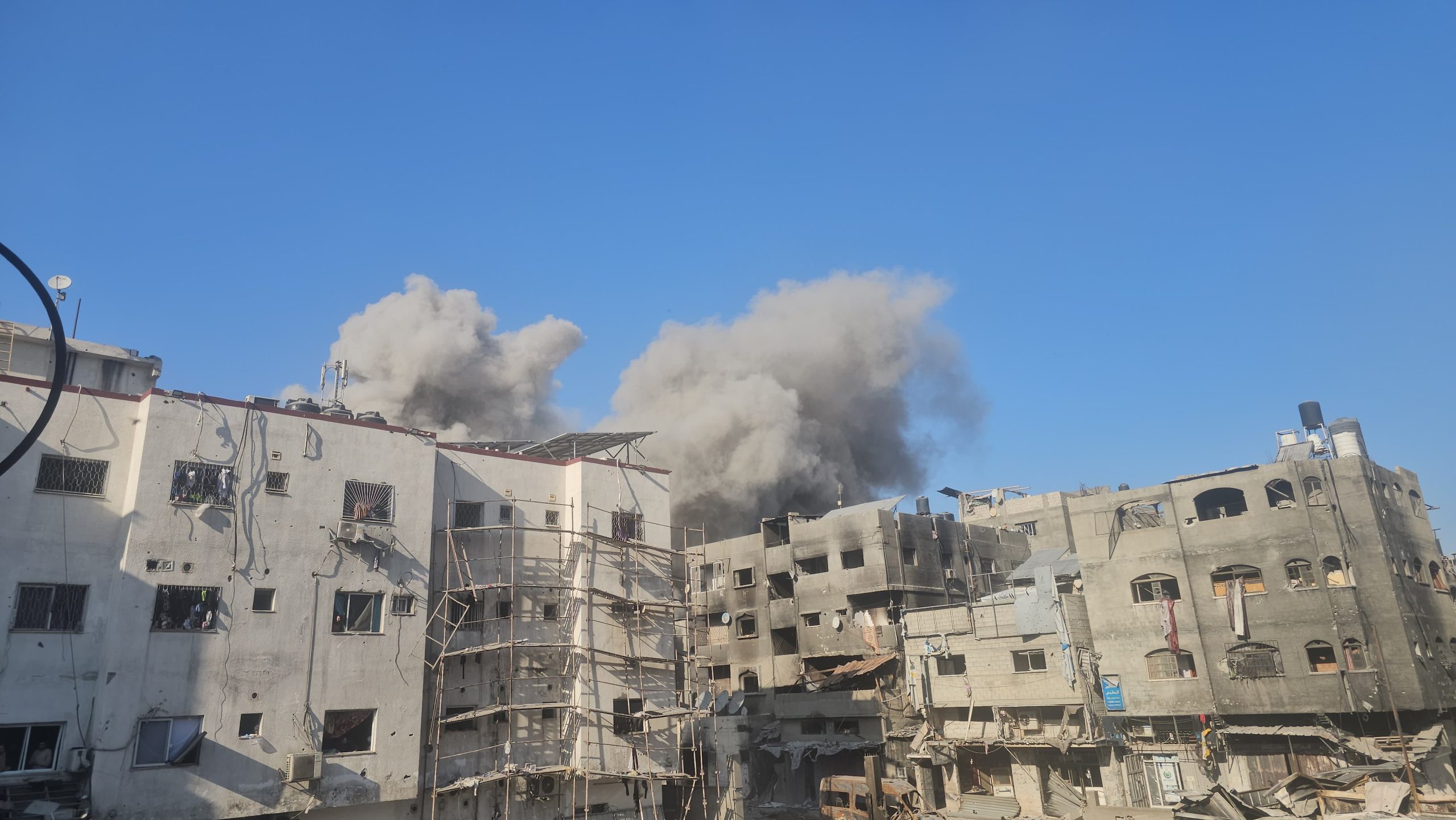Though sometimes stigmatised by some cultures across the world, organ donation is slowly gaining popularity, with more people registering to become donors to perform one final and life-saving act of kindness.
Possibly the most selfless act of all time, awareness over organ donation has spread far and wide in recent years, with many opting to extend their compassion for others, even beyond the grave.
This involves voluntarily giving an organ in a bid to help someone you know, or even strangers, that are in crucial need of a replacement. Some organs, such as kidneys or a part of your liver, can be donated while a person is still alive, while others can only be given away by donors only once they have passed away.
In Qatar, the organ donation and transplantation program conducts kidney and liver transplant surgeries, all of which are conducted under the Doha Donation Accord, which has received endorsement from the International Transplantation Society as well as by the Istanbul Declaration Custodian Group.
While it is currently limited, there are future plans underway to introduce heart and lung transplant procedures to the Gulf state.
Read also: Five easy ways to become more sustainable in your daily life
Unlike other world countries, Qatar offers all procedures related to organ donation and transplantation to patients free of charge. This is extended to all residents of the country, including both Qatari and non-Qatari citizens.
The program, deemed to be one of the most equitable in the world, has one waiting list for organ transplants for both citizens and residents. Currently, Qatar has an opt-in policy with regards to organ donation.
Residents of Qatar can register with Organ Donor Registry at the Qatar Organ Donation Center while they are alive to receive an official ‘donor card’. This form of identification is confirmation to others that the individual, in the event of his or her death, is an organ donor.
Deceased donors can donate six types of organs: kidneys, pancreas, liver, lungs, heart and intestines. They can also donate bones, skin, heart valves, veins and corneas. By going as far as donating all their organs, they can save up to eight lives.
“In both Islam and Christianity, the act of donating organs is considered an act of charity.”
In Qatar, there are around 430,000 currently enrolled onto the organ donation registry through public education campaigns. About 30-40 kidney transplant surgeries and about 7 or 8 liver transplant surgeries are conducted by experts every year.
Haya AlKaabi, who has registered to donate her organs after death, said her decision was made simply to serve others.
“I really wanted to help and end the suffering of patients who are in need of those organs,” she told Doha News.
Stigma
Despite the selflessness and show of goodwill involved in being a donor, there remains a cultural and religious stigma tied to the act, especially in places like the Middle East where it is not too common.
AlKaabi said she registered as a donor after her 18th birthday and only told her family about her decision a few months later because of fear of backlash.
“It is frustrating that my family can still say no even with my consent after death,” AlKaabi told Doha News.
While there are variations opinions, most major world religions do, in fact, permit and support transplantation and donation.
In both Islam and Christianity, the act of donating organs is considered an act of charity.
While there are no religious laws about donation in Hinduism and Buddhism, both religions place high value on personal decision making and acts of compassion.
Mohammed Rashid Al Mohannadi, who received a kidney from a deceased donor after years of suffering from kidney problems, said the stranger’s kind act quite literally saved his life.
For years, Al Mohannadi failed to find a match and was forced to start dialysis. Then one day, his phone rang.
“I call it the blessed call from Hamad General Hospital,” Al Mohannadi told Doha News.

After all the checkups, Al Mohannadi swiftly went ahead with the transplant surgery and came out with a fresh lease on life. This same feeling was shared by a man in Egypt and a woman in Tunisia who had also received organs from the same selfless donor.
“I support organ donation. Hopefully after a long life, if God wills, people can donate their organs to help someone else continue to live. I actually encouraged both my son and friend to register too,” Al Mohannadi said.
Another registered donor who spoke to Doha News on condition of anonymity, said she discovered organ donation in Qatar through research conducted while she was at university.
“Initially I didn’t think I would be able to donate because I’m diabetic but after reassurance from doctors, I found that I was able to do so if my blood levels were regulated,” she said.
But her interest in organ donation is also personal. Of her two sisters, one required a kidney transplant at a very young age and the other was only born with one kidney.
Read also: HMC performs Qatar’s first liver transplant from a living donor
“In that situation you realise the importance of having a donor or organ available, both for kids and adults too,” she told Doha News.
“If you are a parent, you would be desperate for a donor for your child. So why not donate to others that are also desperate for an organ that will end up just being buried when you pass away?” she said.
By Ameera Al Said and Sana Hussein
Follow Doha News on Twitter, Instagram, Facebook and Youtube







